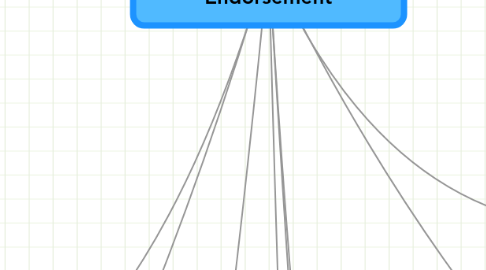The Australian Technologies Curriculum **Awaiting Final Endorsement**
by Mitchell Berliner

1. http://dtm4260.edublogs.org/2015/07/29/stop-motion-app-teaching-technology-resource/
2. http://dtm4260.edublogs.org/2015/07/29/technology-resource-keynote/
3. Impact
4. Interactions
5. Digital Systems
6. Implemetation
7. Algorithms
8. Specification
9. Data Interpretation
10. Data Representation
11. Data Collection
12. Abtraction
13. Systems Thinking
14. Design Thinking
15. Computational Thinking
16. Project Management
17. Creating Preferred Futures
18. Thinking in Technologies
19. Overarching Idea:
20. Key Ideas
21. Available for viewing via ACARA website via http://www.australiancurriculum.edu.au/technologies/rationale
22. Gifted and Talented Students
23. Students with Disabilities
24. English as an Additional Language or Dialect
25. Years 9 and 10
26. Years 7 and 8
27. Years 5 and 6
28. Years 3 and 4
29. Foundation - Year 2
30. Bands of Year Levels
31. Student Diversity
32. Content Descriptors and Elaborations
33. Key Concepts
34. EDUBLOGS LINKS
35. Animal Ethics
36. Safety
37. Economics and Business
38. Health and Physical Education
39. The Arts
40. Geography
41. History
42. Science
43. Mathematics
44. Engliish
45. Available for viewing via ACARA website via http://www.australiancurriculum.edu.au/technologies/rationale
46. Sustainability
47. Asia and Australia's engagement with Asia
48. Aboriginal and Torres Strait Islandder histories and cultures
49. Intercultural Understanding
50. Ethical Understanding
51. Personal and Social Capability
52. Critical and Creative Thinking
53. Information and Communication Technology Capability
54. Numeracy
55. Literacy
56. Processes and Production Skills Collecting, managing and analysing data Creating digital solutions by: Defining Designing Implementing Evaluating Collaborating and managing
57. Processes and Production Skills Creating designed solutions by: Investigating Generating Producing Evaluating Collaborating and Managing
58. Knowledge and Understanding Digital systems: The components of digital systems: hardware, software and networks and their use. Representation of data: How data are represented and structured symbolically
59. Knowledge and Understanding Technologies and society: The use, development and impact of technologies in people’s lives. Technologies contexts: Technologies and design across a range of technologies contexts
60. Digital Technologieies
61. Design and Technologies
62. Technologies Curriculum Subjects
63. Aims: The Australian Curriculum: Technologies aims to develop the knowledge, understanding and skills to ensure that, individually and collaboratively, students: Investigate, design, plan, manage, create and evaluate solutions Are creative, innovative and enterprising when using traditional, contemporary and emerging technologies, and understand how technologies have developed over time Make informed and ethical decisions about the role, impact and use of technologies in the economy, environment and society for a sustainable future Engage confidently with and responsibly select and manipulate appropriate technologies − materials, data, systems, components, tools and equipment − when designing and creating solutions Critique, analyse and evaluate problems, needs or opportunities to identify and create solutions. These aims are extended and complemented by specific aims for each Technologies subject.
64. General Capabilities
65. Cross - Curricular Priorities
66. Achievement Standards
67. Links to other Learning Areas
68. Implications for Teaching, Assessment and Reporting


